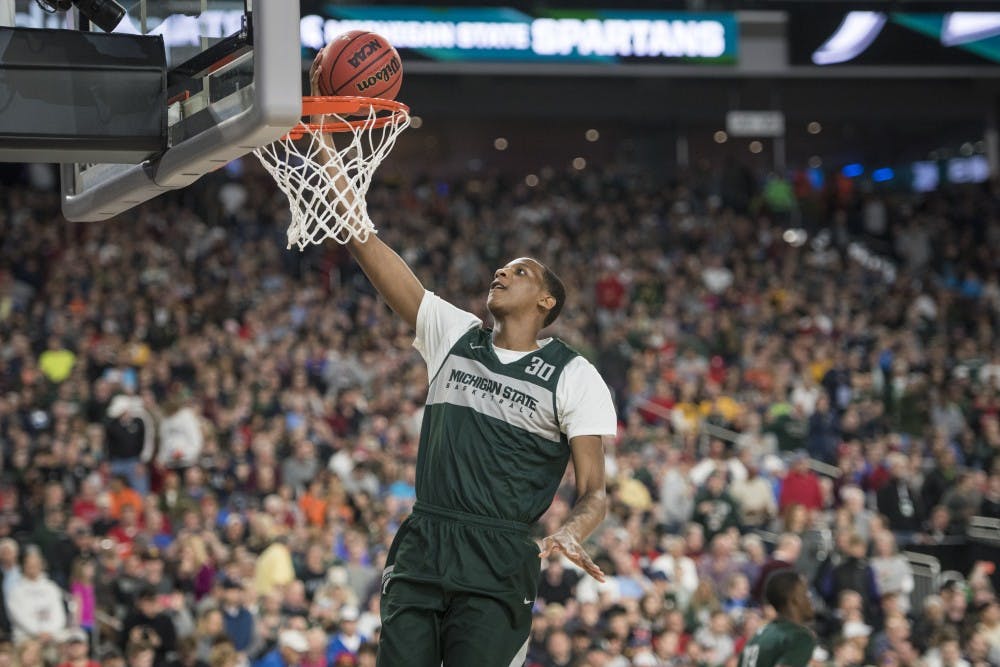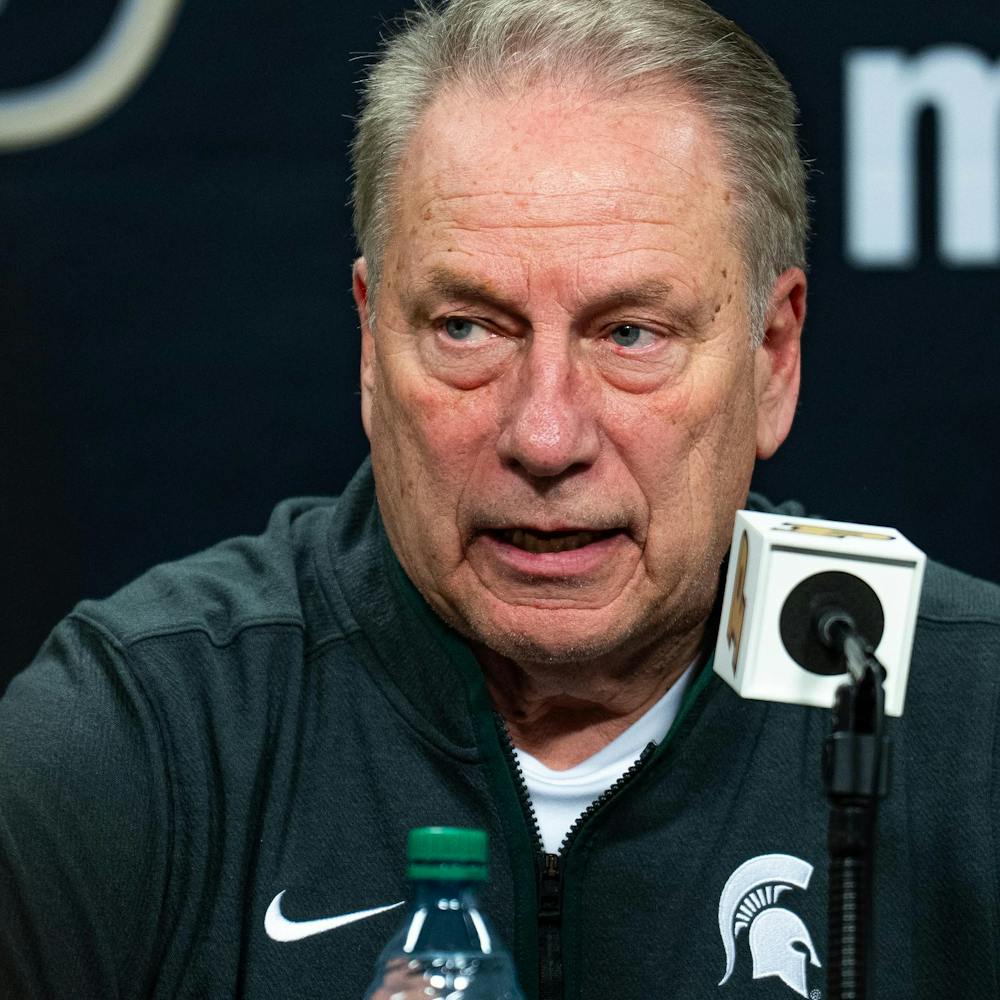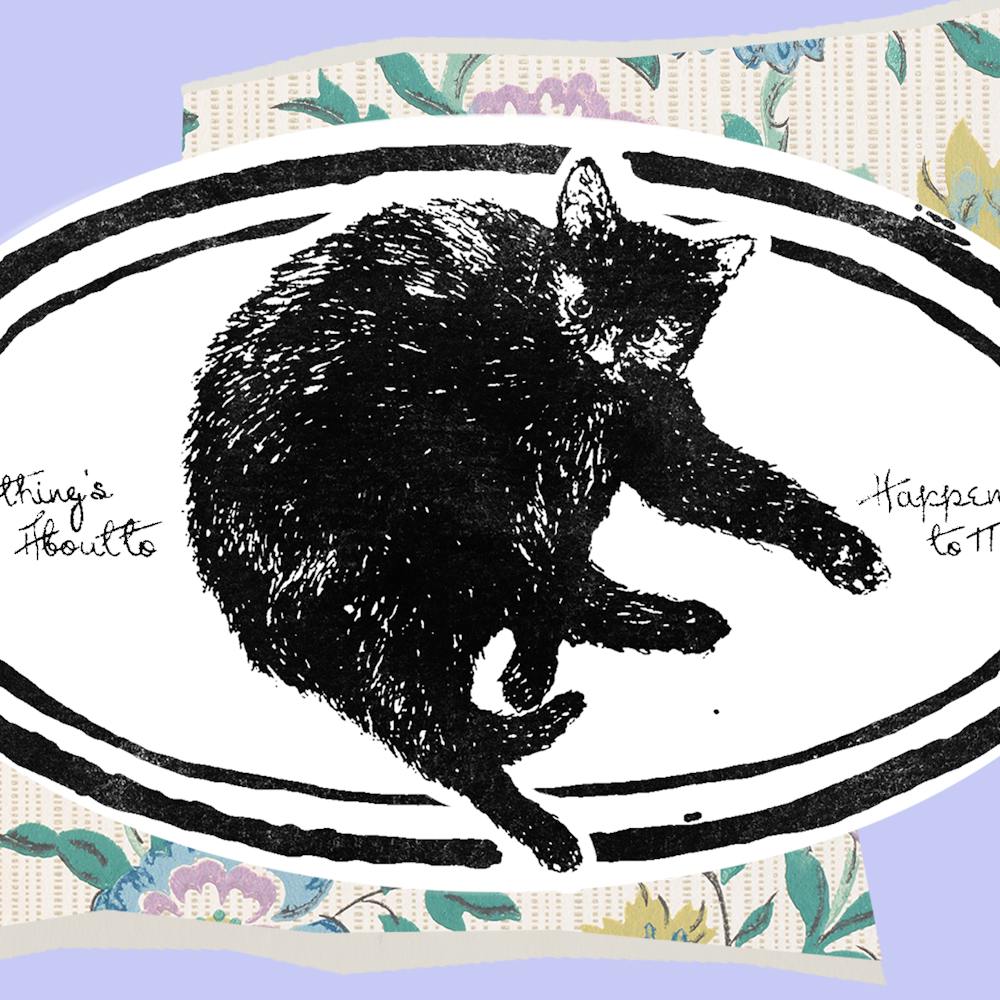The United States Supreme Court ruled unanimously against the National Collegiate Athletic Association, or NCAA, in a historic antitrust case, NCAA vs Alston et al, that restricted the association’s powers to deny education-related perks for student-athletes.
The court’s decision upheld the ruling from the Northern District of California.
The ruling will allow student-athletes to receive benefits that other students receive from the school but were previously denied, such as free laptops or paid internships following graduation.
The case widely challenged the NCAA’s restrictions on players benefiting from their own Name, Image and Likeness, or NIL. The Northern District of California court sided with the NCAA about direct payment to athletes but struck down the limits on education-related benefits that were afforded to other students.
Associate Justice Neil Gorsuch wrote the majority opinion for the Court while Associate Justice Brett Kavanaugh wrote the concurring opinion. They state that the NCAA’s restrictions on athletes depress their compensation well below market value.
“Colleges and universities across the country have leveraged sports to bring in revenue, attract attention, boost enrollment, and raise money from alumni,” Kavanaugh wrote. “That profitable enterprise relies on 'amateur' student-athletes who compete under horizontal restraints that restrict how the schools may compensate them for their play. The National Collegiate Athletic Association (NCAA) issues and enforces these rules, which restrict compensation for student-athletes in various ways. These rules depress compensation for at least some student-athletes below what a competitive market would yield.”
This decision does not directly allow student-athletes to be paid on an open market, but it does provide universities the opportunity to offer more financial aid and other benefits tied to education moving forward.
The decision also strips some of the power from the NCAA’s amateurism rules, which could lead to more avenues of compensation for college athletes down the line.
There are pending cases in numerous states around the country and Congress challenging the restrictions on players directly profiting from their NIL, and the NCAA is reportedly meeting this week to discuss changes to NIL laws. More changes to athlete compensation could be in store soon.
Support student media!
Please consider donating to The State News and help fund the future of journalism.
Discussion
Share and discuss “Supreme Court rules unanimously against NCAA in class-action athlete compensation lawsuit ” on social media.







